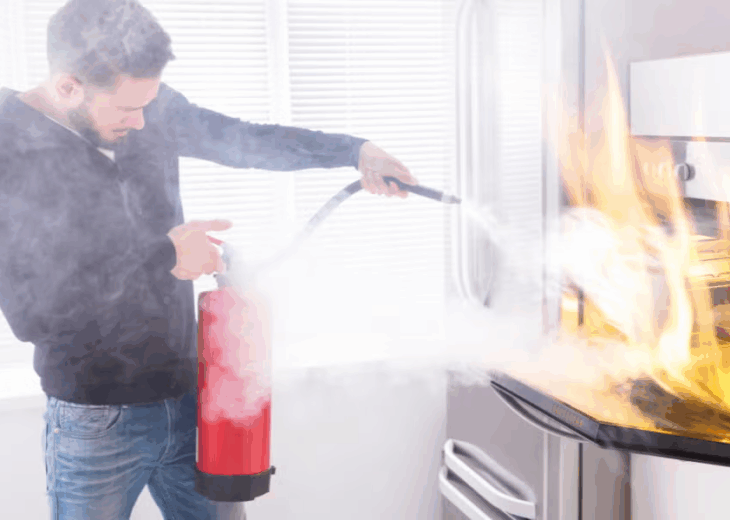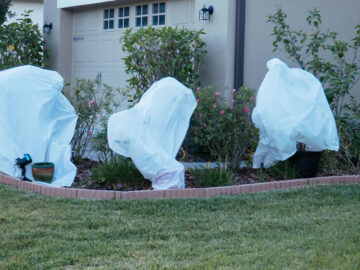Fire Safety Tips

When the weather outside gets cold and icy, a fire can be quite inviting. For many, the scent of candles brings warmth to an occasion. However, as the tiny flames dance on top of the candlestick, it’s easy to forget how dangerous a fire can be. Under the right conditions, a rogue spark can burn down a room or even engulf an entire house! While prevention is key, having a plan in case of a fire is equally important. Here are some essential fire safety tips and planning strategies to keep your home and family safe.
You may not be able to prevent a fire, but planning can save lives. Here’s how to prepare:
By following these tips and having a solid plan, you can significantly reduce the risk of fire and ensure your family is prepared in case of an emergency. Stay safe!
 Homeowner Tips
Homeowner Tips
Florida winter freeze prep made simple: protect pets, plants, and pipes with smart, homeowner-friendly tips for cold snaps.
 Homeowner Tips
Homeowner Tips
Florida doesn’t get snow—but winter is still your best chance to prevent leaks, mold, and insurance headaches. Here’s a quick home check every homeowner should do now.
 Florida Lifestyle
Florida Lifestyle
Explore 7 Florida homeowners insurance products tailored to your needs—from condos to rentals to high-value homes. Get a quote today.